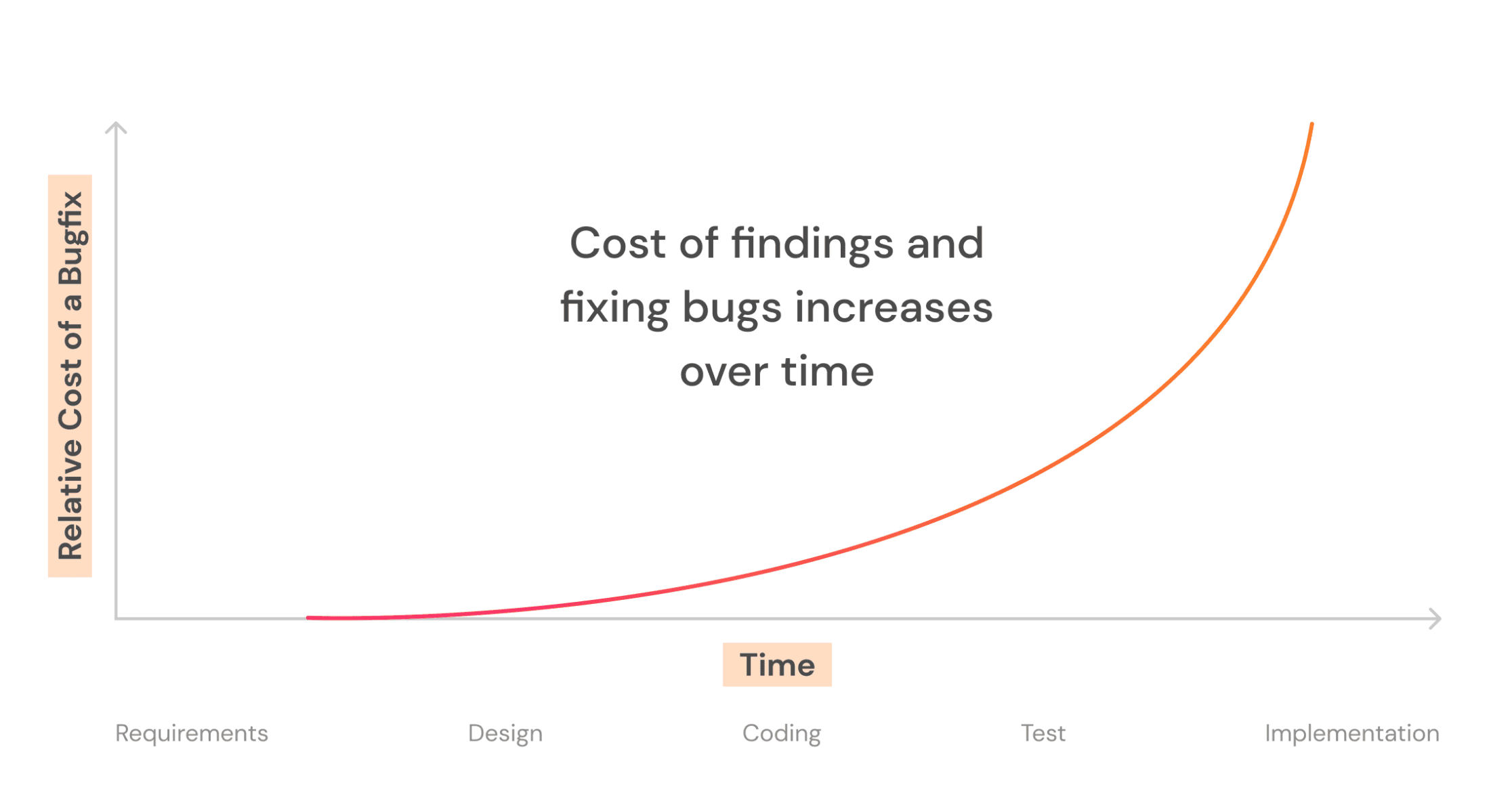Why Do You Need a QA Expert for Your Project?
Quality assurance (QA) specialists play a crucial role in a team or organization by ensuring that products or services meet specific standards and meet customer expectations. QA specialists not only find bugs but are also the guardians of project quality control. Here are several reasons why a quality assurance specialist is essential in the team.
Ten Reasons Why Do You Need a QA Tester for Your Project:
Customer Satisfaction
Quality assurance specialists ensure that the final product or service meets or exceeds customer expectations. By thoroughly testing features and functionalities, they ensure the product functions correctly and provides an intuitive and enjoyable experience for the end user. This attention to detail contributes significantly to positive customer interactions with the product.
Early Detection of Issues
QA engineers are involved in the testing process from the early stages of software development. This early involvement allows them to detect and address issues before they escalate, preventing the accumulation of problems that can be difficult to resolve later in the software lifecycle. Early detection ultimately saves time and resources.
Cost Savings
Detecting and fixing issues early in the software development process is generally less expensive than addressing problems after the product has been released. QA team contributes to cost savings by identifying issues and finding bugs early, reducing the need for costly post-release fixes. This proactive approach helps in optimizing project budgets.

Product Reliability
QA specialists focus on identifying defects or errors in the product or service. This helps enhance the reliability and performance of the product, reducing the likelihood of failures or issues that could negatively impact users. Reliability is crucial for building trust and loyalty among customers.
Risk Mitigation
QA specialists help identify and mitigate potential risks associated with the product or service. By conducting thorough testing and analysis, they can identify and address issues before they become significant problems, reducing the risk of post-release failures or customer complaints. This proactive risk management approach ensures smoother project outcomes.
Compliance
In many industries, there are specific regulations and standards that products must meet. QA engineers ensure the product complies with these standards, reducing the risk of legal or regulatory issues. Compliance mitigates risks and provides the company's reputation and credibility.
Maintaining Reputation
Quality assurance is closely tied to a company's reputation. Consistently delivering high-quality products or services builds trust with customers and stakeholders, enhancing the company's overall reputation in the market. A positive reputation is invaluable for long-term success and competitiveness.
Process Improvement
QA specialists often work closely with developers to improve software development and testing processes. By providing feedback on areas that can be enhanced, they contribute to overall process improvement, resulting in more efficient and effective development cycles. Continuous process improvement leads to higher productivity and better outcomes.
Team Collaboration
QA specialists collaborate with various team members, including software developers, designers, and project managers. Their involvement helps facilitate effective communication and collaboration, ensuring that all team members have the same understanding of project requirements and quality standards. Strong teamwork fosters innovation and drives project success.

Continuous Improvement
QA professionals often implement and promote continuous improvement processes. Learning from each project and incorporating feedback into future software development cycles contribute to continuously improving products and processes. Continuous improvement is essential for staying competitive and meeting evolving customer needs.
Summary
In summary, the role of the QA Specialist is critical in ensuring that a team delivers high-quality products or services that meet customer expectations and comply with standards. It is an integral part of the development lifecycle, ensuring that the final product meets or exceeds expectations on various fronts. By focusing on customer satisfaction, early issue detection, cost savings, and continuous improvement, quality assurance specialists drive project success and contribute to the overall growth and reputation of the organization.
In Mood Up, we are doing both manual testing and automation testing. To learn more about test automation, read our previous article, The Benefits of Automated Testing You Should Know About.
March 05, 2024 / Posted by:
You May Also Like